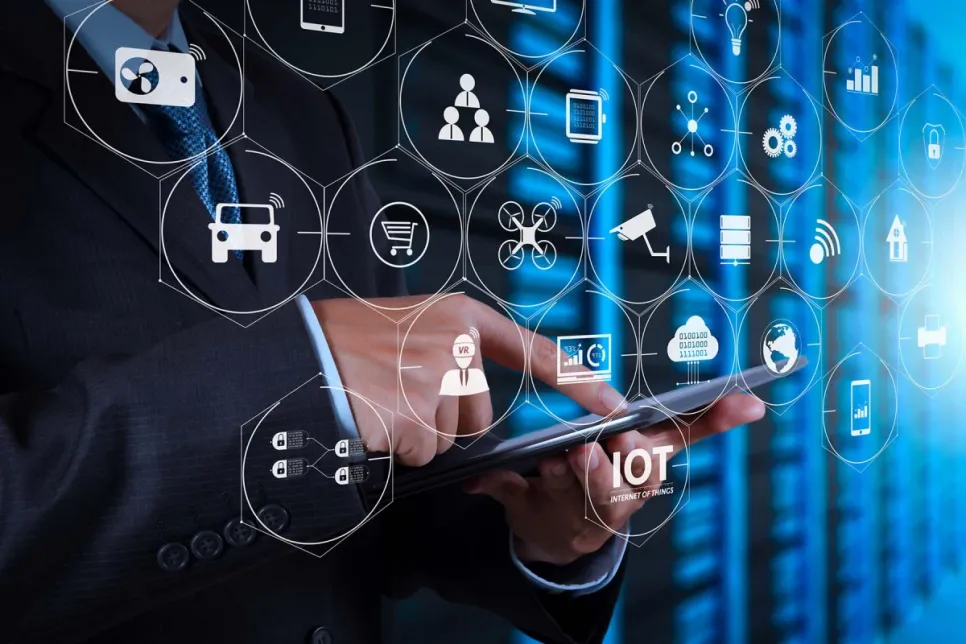LED Video Display Shipments Grew 8.3 Percent in 3Q25
Global LED video display shipments increased by 8.3% year-over-year in the third quarter of 2025, according to Omdia. It was accompanied by a 6.9% increase in revenue.

Two-thirds of the 169 targets underpinning the global Sustainable Development Goals could be bolstered by technological innovation, according to a study by the World Economic Forum and PwC.
The new study, analyses over 300 use cases of emerging technologies linked to the 4th Industrial Revolution (4IR) including AI, Blockchain, IoT, 5G and drones to build the case of how advanced technologies could do more to accelerate progress towards the Global Goals. The study explores the extent to which the opportunity is being realised, the barriers and risks to scaling application and what needs to be done to unlock the enormous potential. Overall new technologies have the potential for a ‘high’ impact across over half of the Goals. The study also finds that big data platforms and AI are already supporting progress towards each and every one of the Global Goals.
Across the Global Goals, and their 169 targets, 70% of the targets could be enabled by new technology applications already in deployment. 4IR technology applications today were found to play an important role for 10 of the Global Goals. In particular, Health (Goal 3), Clean Energy (Goal 7), and Industry, Innovation and Infrastructure (Goal 9) are the goals in which the highest number of present day mapped technology applications was found.
The analysis shows that today’s applications of 4IR technologies related to the Global Goals is patchy and tends to be focused on areas with mature private sector commercial benefits, including energy, industry and healthcare. The fewest number of present day new technology applications were found to occur across No Poverty (Goal 1), Gender (Goal 5) and Life Below Oceans (Goal 14); goals in the broadest sense that are either recognised to be linked with market failures and underserved communities (1, and 5) or considered largely a public good (14).
Despite the rapid rise of new technologies being applied across many aspects of industry and commerce, the study finds underlying barriers, from lack of basic infrastructure, expertise, data, and adequate market incentives and business models, through to trust, performance and security concerns. At a country level, the study demonstrates the strong relationship between countries’ ability to innovate and their progress on the Global Goals.
The report warns that the effective design, development and deployment at scale of technologies to enable the Global Goals is not without its risks. Given the risks, and barriers to scale, harnessing 4IR technologies successfully to meet the Global Goals will require multiple stakeholders working collaboratively across government, regulation, the tech industry, investors, academia and civil society.